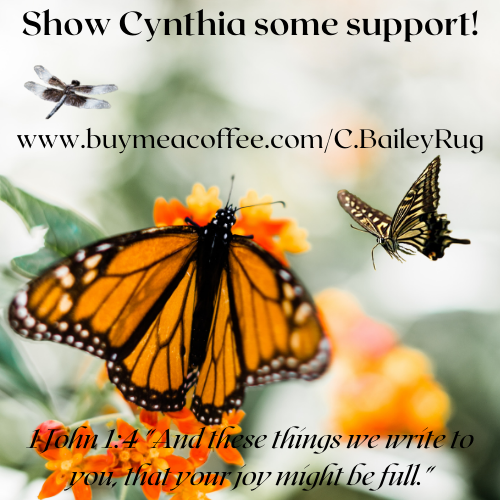Imagine marrying the love of your life, the person you want to spend the rest of your days with. But there’s one problem – your family doesn’t treat your spouse well. They make snide remarks, ignore their presence, & even criticize their every move.
Dysfunctional families like to say blood is thicker than water, but when it comes to your marriage, your loyalty should lie with your spouse above them. Allowing your family to mistreat your partner not only betrays your spouse but also creates a huge divide between you because of betraying your partner in this way
Before we dive into the solutions, it’s essential to acknowledge that mistreatment from family members towards your spouse is a serious issue. Your spouse deserves to feel loved, respected, & valued by the people who are an integral part of your life. It’s easy to become blind to these behaviors, especially if they have been happening for a long time or if you’ve grown up in an environment where mistreatment was normalized.
However, it’s important to remember that your spouse is not accustomed to this treatment. They entered your family expecting to be treated with basic common decency, & hopefully love. By allowing your family to mistreat your spouse, you are abandoning them for the sake of preserving your relationship with your family. This betrayal erodes trust & creates a wedge between you & your spouse that undermines the foundation of your marriage.
You need to know that when your spouse expresses their hurt over your lack of concern, it is not an overreaction. It is a normal response to the pain they feel due to your lack of interest. Their feelings should be taken seriously, & the situation needs to be addressed.
When your family members mistreat your spouse, it’s crucial to recognize that the problem lies with them, not your partner. Their behaviors are not only immature but also toxic & even narcissistic. These behaviors are a reflection of their own issues & insecurities, not a reflection of your spouse’s worth.
Some common toxic behaviors include constant criticism, belittling remarks, exclusion from family events or conversations, or outright hostility. These actions have a profound & negative impact on your spouse. As their partner, it is your responsibility to protect them from such harm.
If your family members react negatively when you assert the need for respect towards your spouse, it’s a clear sign that something is wrong with them. Healthy, loving families prioritize the well being of their members & respect the boundaries set by each individual. Don’t let them sway you from doing what is right for your marriage.
Remember, you chose your spouse – you fell in love with them, committed to building a life together, & vowed to love, support & protect them. Your family, on the other hand, is a part of your life that you were born into. Familial relationships never should come at the expense of your spouse’s well being.
Also remember Genesis 2:24. In the Amplified Bible, it says, “For this reason a man shall leave his father and his mother, and shall be joined to his wife; and they shall become one flesh.” It can be difficult to remember with toxic families, but when you get married, you are to create a new family with your spouse. This means they need to be your first priority after God, not your family. This means standing up for them, setting clear boundaries with your family, & actively creating a safe & nurturing environment for your marriage. This may involve having tough conversations with your family members, or even limiting or ending contact with toxic family members who refuse to change their behavior.
Allowing your family to mistreat your spouse is a serious issue that will have lasting consequences on your marriage if it is ignored. Remember, you chose your spouse, & they deserve to be treated with love, respect, & dignity. Don’t let your family’s toxic behavior ruin the bond you share with your partner. Stand up for your spouse, nurture your marriage, & create a happy life together.



You must be logged in to post a comment.